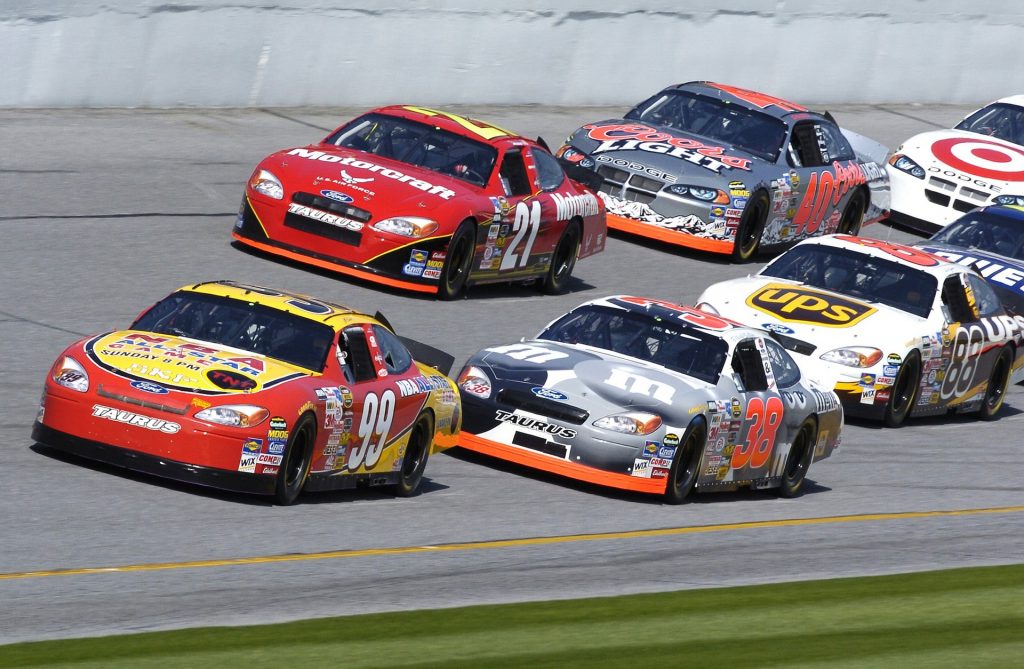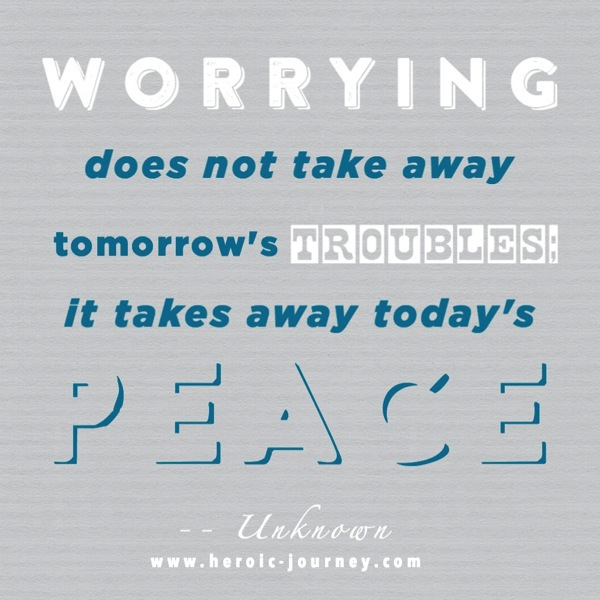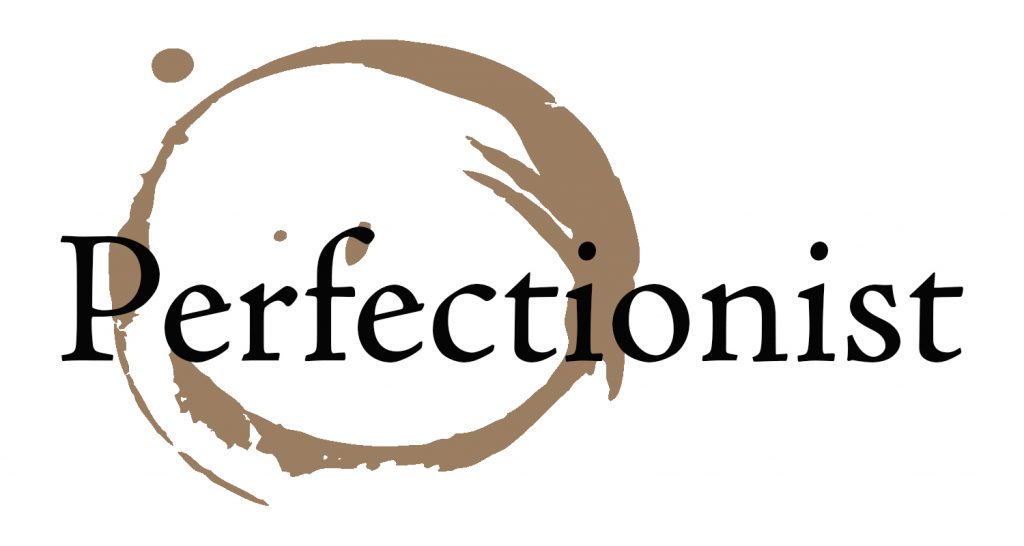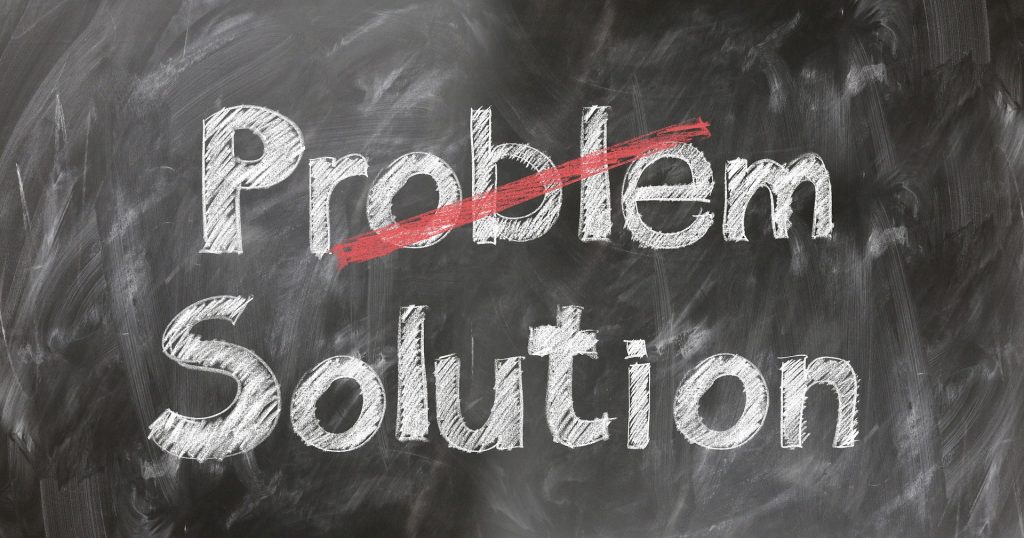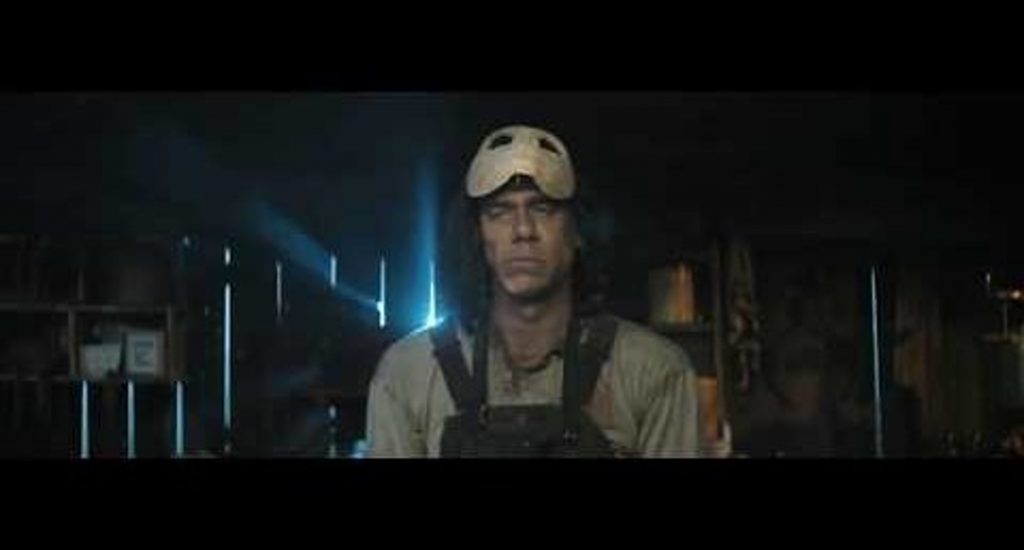When in Reality, It’s as Simple as One, Two, Three
I’ve shared before about some of the great discussions we have in our masterclass. This week’s was no different.
The question that got the gears in my head spinning was this –
When self-employed and working from home, how does one schedule time and determine boundaries?

Now, is this a great question or what. How does one do this?
When working from home it’s easy to be sidetracked by all the things that need done, like – yard work, gardening, vacuuming, washing the dishes, repair projects, laundry, changing the oil in the car, checking out social media, researching new and better computer programs, emailing old friends… You get the point! All the things on this list are worthwhile and important things that need to be done.
There were some great answers from of the group.
- I work when my wife is gone to work. When she gets home, I stop working and spend time with her.
- I have an office space that is only accessed by going through the garage, up some stairs and through the attic.
- I start my day at 8:00 just as if I was going to an office.
The key to managing time is intentionality!
Having been self-employed for most of the past forty years I have a head start on most of the people in this group. But believe me I understand. I’ve struggled with this for years and just began to figure out over the past 8-10 years.
My figuring it out took a big step forward with a wakeup call from God. He got my attention with a board upside the head, literally. This incident persuaded me to step back and look at things differently. I got a more well-rounded, big picture view of life and it helped me to see things differently.
I’m a workaholic and love what I do. Now I look at my whole life, all the different aspects of it, as my employment. This a word that is typically connected to a job, but that’s not completely accurate. Being employed is – the active use of or engagement in services. Being engaged in activity. I see employment as more than just a job.
The freedom perceived as a part of self-employment is the one thing that most often prevents these ventures from succeeding.

One of the biggest issues with self-employment is lack of boundaries. It’s like kids when they first move out of their parent’s home. There’s a newfound freedom. Nobody is looking over their shoulder telling them to get up and go to class or to not stay out late so they can get up and go to work.
Most people have been raised with some kind of structure. Working for someone else is the same thing. When we become self-employed it’s like moving out for the first time. There’s no boss preventing me from washing the dishes or mowing the yard.
This new freedom leads to an uncertain, unclear understanding of what we should do, when we should do it and in what order.
There are three things that need to be present if you are going to be successful in self-employment. –
- Intentionality – Be intentional about what you spend your time on. Why is it that we won’t be late to a meeting with other people, but will blow off meeting with ourselves? We’ve been given enough time to do everything we should…just not everything we want.
- Prioritization – This one can be tough. What makes one thing more important than another. This is where being crystal on who you are, who you’re going to help and how you’re going to help them comes in.
- Spending time wisely – Time is limited. It is the most valuable commodity you have. It’s up to you to decide how much you’re going to spend and what you’re going to spend it on.
The SELF in self-employment means “the buck stops here”. It’s up to me to manage my time…no one else. Our human nature is to make things more complicated than they are or need to be.
Managing time doesn’t have to be rocket science. Intentionally prioritizing how you spend your time is all it takes.

Check back, we will break these down more in the coming weeks.













